Over the last few years, there has been a huge controversy on the place of livestock farming in the context of climate change. Most people in the globe admit that agriculture contributes to and is affected by climate change. Yet, this is not as simple as it appears because, the environment plays an important role in not only producing our food but also clean air. This has broadly been referred to as ecosystem services. Agriculture contributes to over 20% of the global green house emissions with most of it coming from livestock production. This has given rise to vegetarian and vegan movements especially in the global North who seem to be winning the debate. This challenge is complex and would need a multi-stakeholder approach where even no consensus is reached, at least parties will appreciate their opponents’ opinions.
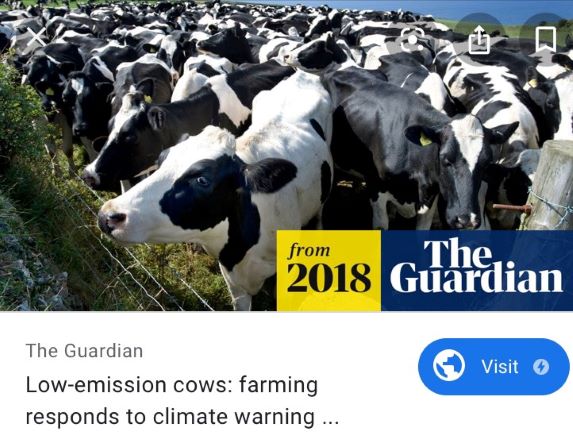
In 2019, I attended a Reading University Students’ Union forum where I serve as the Postgraduate Representative in the School of Agriculture, Policy and Development and the students voted in favour of cutting beef in campus. The initial proposition was actually to ban beef entirely in the university. I got curious and found some shouting newspaper articles such as https://www.dailymail.co.uk/news/article-467800/Are-cows-killing-planet.html, https://www.theguardian.com/environment/2018/may/31/avoiding-meat-and-dairy-is-single-biggest-way-to-reduce-your-impact-on-earth, https://www.theguardian.com/news/2018/may/07/true-cost-of-eating-meat-environment-health-animal-welfare. Advocates for livestock farming have also been trying but their voices are getting dimmed day by day. An example is this article https://www.telegraph.co.uk/science/2019/11/27/meat-crucial-feeding-planet-going-vegan-not-green-say-scientists/ from the Telegraph. But what pushed me to write this article is the negative comments from an article published in the Financial Times, https://www.ft.com/content/cca976ec-d623-11e9-8d46-8def889b4137 by the programme leader at International Livestock Research Institute, Isabelle Baltenweck.
She attempted to contextualise this debate by introducing factors that the vegan and vegetarian movements ignore. First, the contribution of livestock farming to livelihoods and nutrition (sometimes the only source of animal protein) in the poor arid and semiarid regions of Africa where it’s the main or the only economic activity. The cultural attachment to cow bride price in my Kikuyu community or the love the Maasai have for their animals is ignored in these debates. Even in temperate climates like in the United Kingdom, where they have a lot of grass, no one questions what they would do with it without livestock. One of the major reasons how livestock farming contributes to climate change apart from methane gas production is feeds production. Take for instance the United States of America where most of the corn produced using (oil) goes to feed animals.
What am I saying? We need to contextualise this debate and consider other specific factors like region or circumstances. While I agree they are genuine people who care for the environment and they believe plant-based diets is the way, we need to tell them the truth. No one talks about oil companies and climate change or even air transport. That foregoing beef produced in the UK for vegetables produced in Spain is not environmentally sustainable. And that some plant based equivalent diets such as soya use more energy in production than their animal replacements. It’s also time for scientists and researchers enhanced their research on ways of making agriculture (including livestock farming) part of the solution to climate change. The integration of crop and livestock farming where animals fertilise the soils (hence reduce chemical fertilisers) and good agricultural practices such as conservation agriculture offers a good starting point.
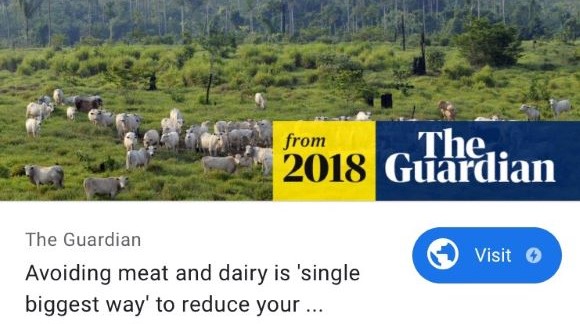
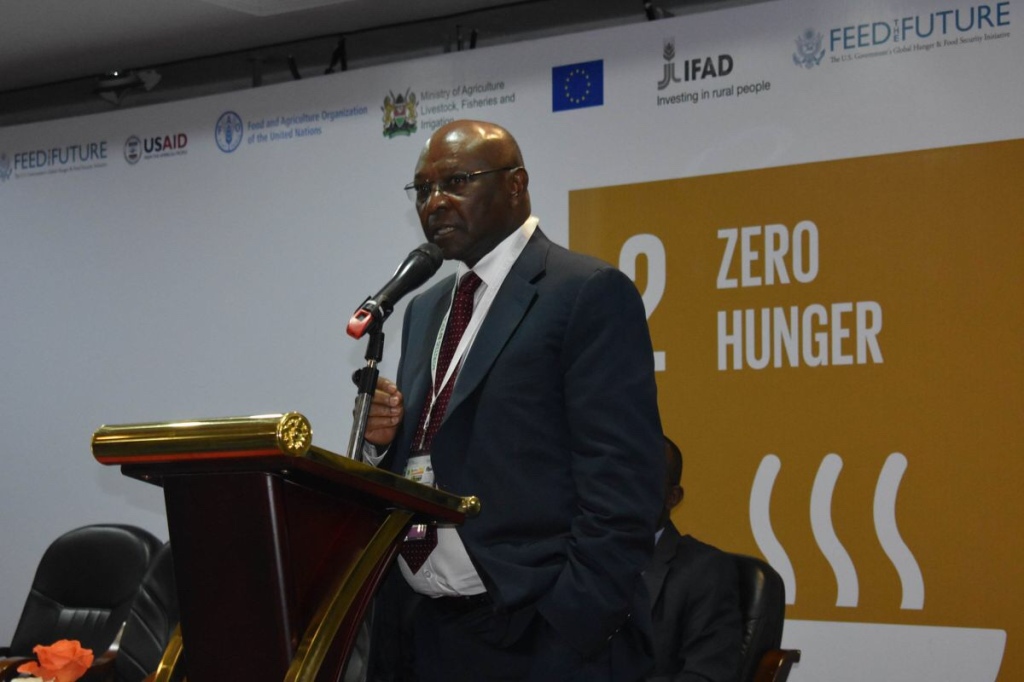
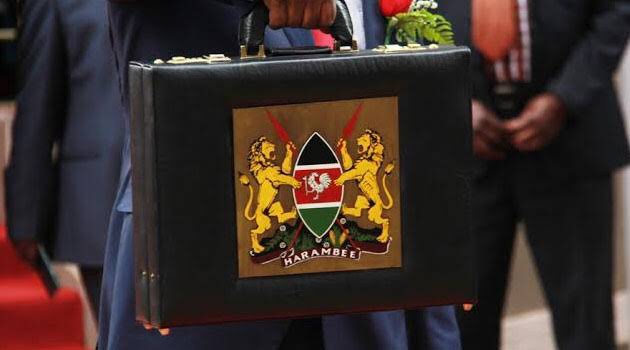
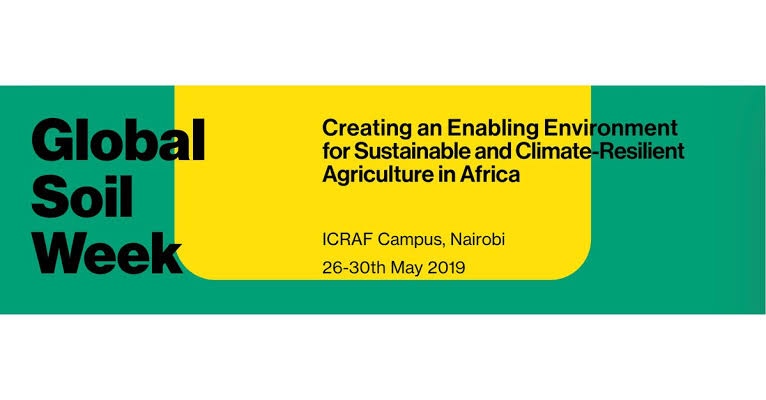
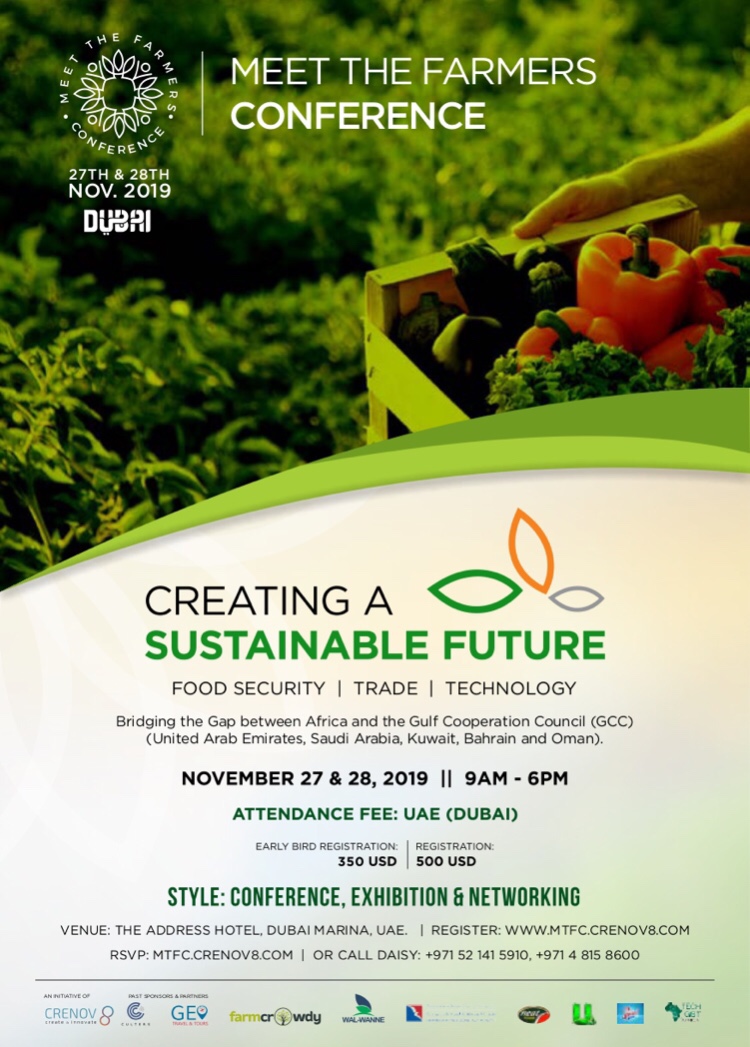
Leave a comment